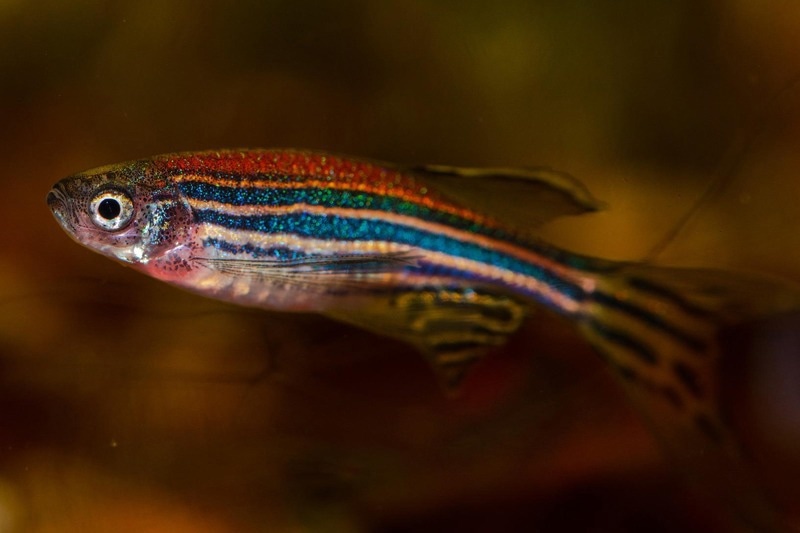According to the latest research, medical and life science scientists will benefit from the most detailed atlas of zebrafish genetic data available.

Image Credit: University of Birmingham
The atlas will aid scientists in better understanding conditions such as cancer (e.g., skin cancer), heart disease, and neurodegeneration. It could help more research teams substitute mammal models in their research.
The DANIO-CODE consortium, a group of 27 laboratories from across the country, collaborated to classify published open-access datasets compensated with newly produced information. The attempt led to the identification of 140,000 DNA regions involved in regulating gene expression in zebrafish.
The study on zebrafish, the second most commonly used animal model for medical and life sciences research, uses 1,802 samples with millions of data points each to get the most detailed picture of candidate DNA regions for transgenic breeding and genetic research into development and diseases.
The paper, which appears in Nature Genetics (Monday, July 4), outlines DNA elements involved in many embryonic development stages, as well as advancements in the understanding of the genetic similarity between zebrafish and mice.
They [Zebrafish] are ideal candidates for studying various diseases and disorders because they grow transparently as embryos and have unusual regenerative properties.”
Ferenc Mueller, Professor, University of Birmingham
Ferenc Mueller, who also led the consortium of this study, said, “The cataloging of genetic information for zebrafish is a significant breakthrough that could underpin some of the most exciting medical and life sciences developments for years to come.”
“Professor Boris Lenhard from Imperial College London and Professor Carsten Daub from Karolinska Institutet have been instrumental in coordinating over 50 researchers worldwide. The resulting atlas/map is a testament to how a bottom-up initiative for collaborating across borders can achieve impact for the benefit of our research community.”
The catalog created by the DANIO-CODE consortium is open access to ensure that researchers can utilize the genetic information for their future studies.”
Ferenc Mueller, Professor, University of Birmingham
Zebrafish are an extremely useful model for scientists. Since they develop transparently as embryos and have unexpected regenerative properties, they are prime candidates for analyzing various diseases and disorders. These characteristics have already provided researchers with insights into the human condition.
Now, with our new catalog, we move one step closer to having a fully realized map from which to overlay with the human genome. This kind of activity will allow researchers around the world to pursue at pace novel treatments, drugs, and a better understanding of the human and animal disease.”
Ferenc Mueller, Professor, University of Birmingham
Carsten Daub, Associate Professor and Group Leader, Department of Biosciences and Nutrition (KI) and Science for Life Laboratory at Karolinska Institute who headed the data integration said:
“This extensive study consolidates all individual datasets into one framework allowing researchers across the world to address questions which could not be addressed by the individual studies.”
Source:
Journal reference:
Baranasic, D., et al. (2022) Multiomic atlas with functional stratification and developmental dynamics of zebrafish cis-regulatory elements. Nature Genetics. doi.org/10.1038/s41588-022-01089-w.